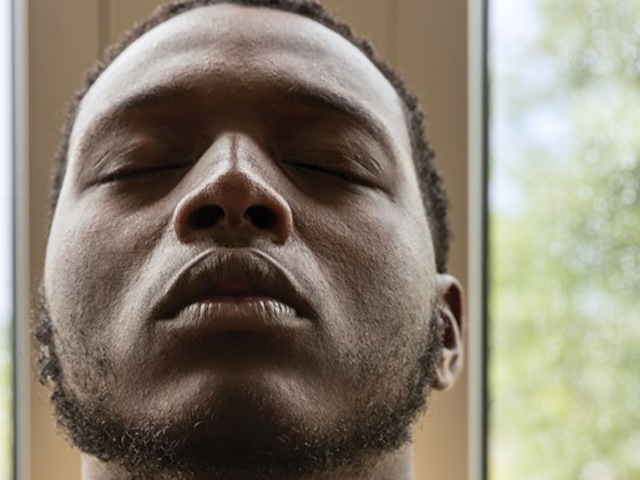Mere weeks before the start of the new semester, students and faculty at Detroit's Marygrove College were told it would be their last. On Aug. 9, the historic Catholic school announced it would cease its undergraduate program in winter 2018, shifting focus instead to its graduate program.
But while faculty of the historic Catholic school say they long knew of the school's dire financial straits and plummeting enrollment, the sudden announcement came as a shock — coming mere weeks after they accepted their contracts for the year, and leaving them with little time to find new employment.
"We knew the program was in trouble, this is not a huge surprise," says Anne White-O'Hara, the school's faculty assembly president. "But what is a surprise is that it comes two weeks before school starts, and two weeks after contracts for contract faculty were sent out. So everybody was assuming we were a go for next year."
According to sources close to the situation, the school had been in dire financial straits for more than four years. Since 2012, enrollment dropped 40 percent, and last year, the school operated at a deficit of $6.5 million.
"The writing was on the wall. We were expecting to probably be put on probation or on notice. But they pulled the plug," White-O'Hara says. "It would be tragic enough to close, but to close two weeks before school starts with relatively no options for other employment is pretty strange for this college that had prided itself for more than 90 years of social justice."
And that's what many faculty see as a cruel irony — in recent years, faculty close to the situation say the school had shifted its curriculum to focus on leadership and social justice. However, despite that, they say in the end the school wound up doing the most harm to the faculty and the students.
During former President David Fike's tenure from 2005 to 2015, undergraduate enrollment increased more than 30 percent. However, in 2014 what officials described as a "software glitch" resulted in some 200 students being giving financial aid, only to be told later they actually owed the school money — in some cases thousands of dollars. The effect on enrollment was devastating, with it plummeting from around 1,850 in 2013 t0 about 960 in 2016. Fike resigned in 2015.
"While they're building the center for urban leadership, they are literally ignoring the students in front of them," White-O'Hara says. "And so what happens is students stop coming, and they stop staying."
Sensing financial turmoil, White-O'Hara says, in April the faculty assembly officers requested that if staff terminations were necessary, to do them in the spring so they would have the summer to look for work. That didn't happen.
"They waited until three weeks before the start of class," White-O'Hara says. "It causes the most injury to faculty and staff. Where is any faculty member going to get a full-time contract in three weeks?"
That puts faculty in an undesirable situation of being locked into working through the remainder of the calendar year. Some are not guaranteed a full load, and won't get health insurance.
According to school spokeswoman Renee Ahee, the school is shifting to its graduate program, which currently offers Master of Arts and Master of Education degrees, because it is more efficient. Primarily taught online, Ahee says the programs are lower-cost and will enable the school to remain a presence in the community.
"It's a financial decision, and Marygrove now has the opportunity to stay in Detroit," Ahee says. "We're an anchor institution here, and we believe this is a rather bold move for a college in this country. We haven't seen another model like this, where you move from an undergraduate to a graduate. But Marygrove has a record of making bold moves."
The school was founded in Monroe in 1845 by Catholic nuns. It began granting degrees in 1910, and moved to Detroit in 1927, where it operated as a women's college until 1971.
In a press release, President Elizabeth Burns reiterated the "bold moves" description. "We know of no other college in the country that has made this type of transformation, a transformation not unlike our historically bold moves to educate women when it wasn't fashionable, to bring 68 African-American students to Marygrove in 1968," she says. "We have seen our alumni make a positive impact on our world by living the ideals known here as the three C's: competence, compassion, and commitment. Marygrove is committed to continuing that legacy."
In the meantime, the cut will affect some 50 faculty and staff and some 300 students — who faculty say are hurt the most.
Faculty say many of the students have few other options for education. The majority are African-American, and many live within miles of the school, and attend due to proximity.
"If they don't go to Marygrove, they probably won't go anywhere else," White-O'Hara says. "The whole mission of Marygrove has been to serve the vulnerable, the first-generation college students from the Detroit area."






